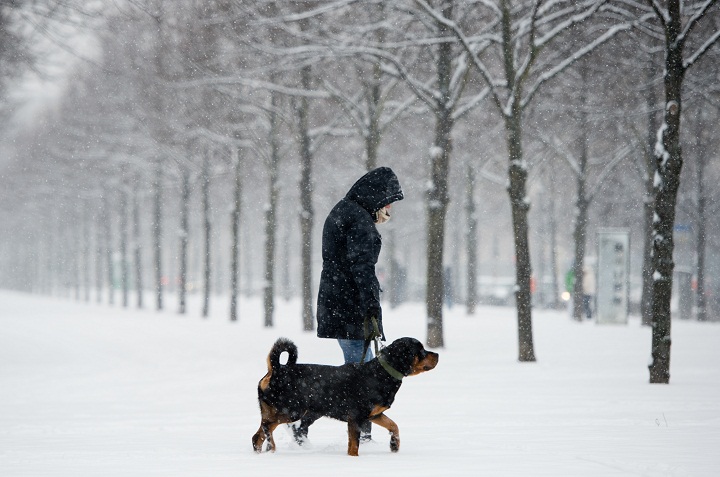Southeast Saskatchewan Search and Rescue (SESKSAR) is looking to start a canine training program to help the RCMP find missing persons when time is of the essence.

The chapter’s president, Katia Bigney, said the idea for the program started back in 2019.
“It was my passion … but we had to start the chapter in southeast Saskatchewan first and get members trained,” she said.
“It was always my promise to get the canine team started,” she said. “We were going to start this last year, but with COVID-19, it just threw a wrench into the works so I didn’t see a way to move it forward with all those issues.
Dan Vas, an instructor with the Canadian Search Dog Association and a member of the Southeast Alberta Search and Rescue, will teach the group. “He’s been training dogs for over 20 years and he’s one of the few people that have qualified his dog with the RCMP.”
Bigney said they already five teams — each consisting of a handler and their dog — ready to start with the first in-person training session in May.
“The canines have such an extremely good sense of smell. … Basically, we’re going to be teaching humans how to read their animals because all of our animals naturally know how to do all these things,” Bigney said.
- Posters promoting ‘Steal From Loblaws Day’ are circulating. How did we get here?
- Canadian food banks are on the brink: ‘This is not a sustainable situation’
- Video shows Ontario police sharing Trudeau’s location with protester, investigation launched
- Solar eclipse eye damage: More than 160 cases reported in Ontario, Quebec
“There are so many dogs that people own that have these natural skills. We just want the people to come forward if this is their passion and give them an avenue for training.”
SESKSAR is aiming to be the first in the province to have its canine teams certified by the RCMP which, according to Bigney, is at least a two-year process.
“Currently in Saskatchewan, there are no civilian SAR dog teams validated and working on RCMP-led searches,” the RCMP said in a statement.
“Should a SAR volunteer wish to use their personal dog to assist on RCMP-led searches, the team must abide by a number of conditions and, yes, successfully pass an annual validation with a number of benchmarks following a standard laid out by the RCMP.
“If the team is successful and in good standing within their SAR group they may be used on RCMP-led searches.”
According to RCMP spokesperson Jessica Murphy, the number of calls to its search and rescue teams totalled 55 in 2020. Search and rescue teams were deployed 11 times and 47 people were located alive during the search, Murphy said.
“Not every missing person’s investigation requires a ground search with search and rescue teams,” Murphy said. “There are so many different factors that come into play with proximity, weather and availability.”
Search and Rescue Saskatchewan Association of Volunteers (SARSAV) is a provincial organization comprised of 20 member chapters. It said activations from all authorities having jurisdiction hit a high of 46 in 2019 and then dropped to 17 in 2020.
Bobbi Buchanan, SARSAV president, said the drop in SAR callouts in 2020 was likely due to a reduction in travel and other activities, mainly due to the pandemic.
“It is too early in the year to trend for 2021,” Buchanan said in a statement to Global News.




Comments